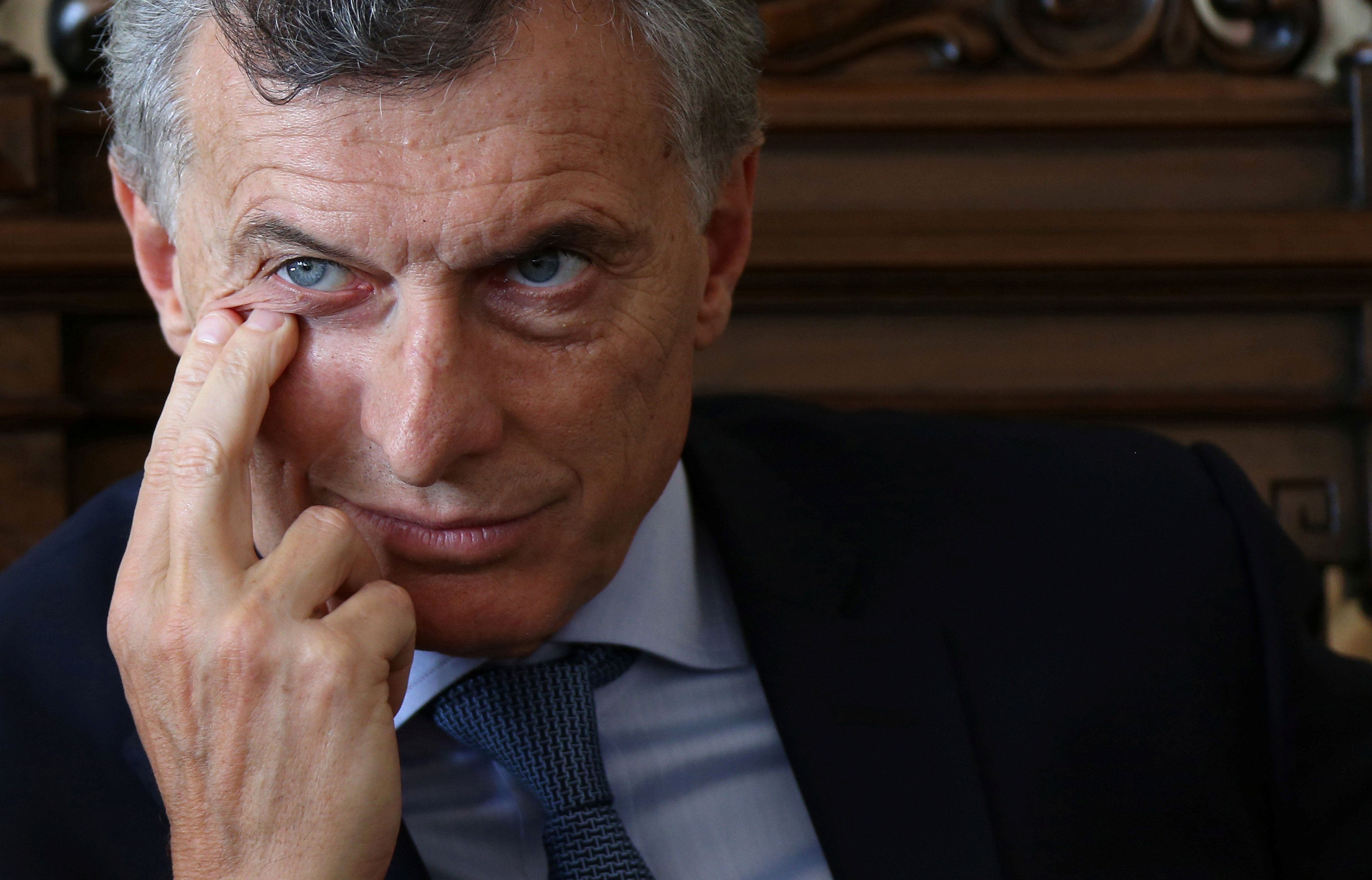April 23, 2019
When Argentina's President Mauricio Macri first took office in 2015, he told the country that "a dream is being achieved." Elected with a strong mandate for change, he was poised to move Argentina beyond a generation of boom-and-bust economic mismanagement, even if that meant imposing a little pain along the way.
Just over three years on, that dream is looking more like a nightmare.
His early reforms – floating the country's currency, cutting subsidies, and reducing government spending – weren't popular, but they started to drag the country out of a recession by 2017, and things were looking up.
But when investors began to worry that things weren't as rosy as they seemed, Argentina was plunged into a fresh currency crisis early last year. Mr. Macri was forced to seek help from international lenders, recalling precisely the past humiliations he had promised to avoid.
Now, as he looks ahead to elections this October, his approval rating has fallen from 71 percent in 2016 to just 30 percent today. Nearly one-third of Argentines are living below the poverty line, the highest figure registered in recent years. Last week, the government introduced nationwide price controls on basic goods and public services in a somewhat desperate bid to shore up political support.
One big question is whether all of this will help out former President Cristina Fernández de Kirchner, who is looking to return to power despite a slew of corruption charges against her. Her left-wing, protectionist policies were ruinous economically, but Ms. Kirchner enjoyed strong support from the working class and rural poor. Argentina's lousy experience under Macri means she could pose a stiff challenge if she makes it to the runoff in November.
The lesson: Democratically-elected reformers are always making a gamble that short-term pain will give way to better days ahead of the next election. That could still be true for Macri, but he is running out of time, fast.
Related Articles Around the Web
More For You
How is the US is reshaping global power dynamics, using tariffs and unilateral action to challenge the international order it once led? Michael Froman joins Ian Bremmer on GZERO World to discuss.
Most Popular
- YouTube
In this Quick Take from Munich, Ian Bremmer examines the state of the transatlantic alliance as the 62nd Munich Security Conference concludes.
- YouTube
At the 2026 Munich Security Conference, Brad Smith announces the launch of the Trusted Tech Alliance, a coalition of global technology leaders, including Microsoft, committing to secure cross-border tech flows, ethical governance, and stronger data protections.
When the US shift from defending the postwar rules-based order to challenging it, what kind of global system emerges? CFR President Michael Froman joins Ian Bremmer on the GZERO World Podcast to discuss the global order under Trump's second term.
© 2025 GZERO Media. All Rights Reserved | A Eurasia Group media company.
